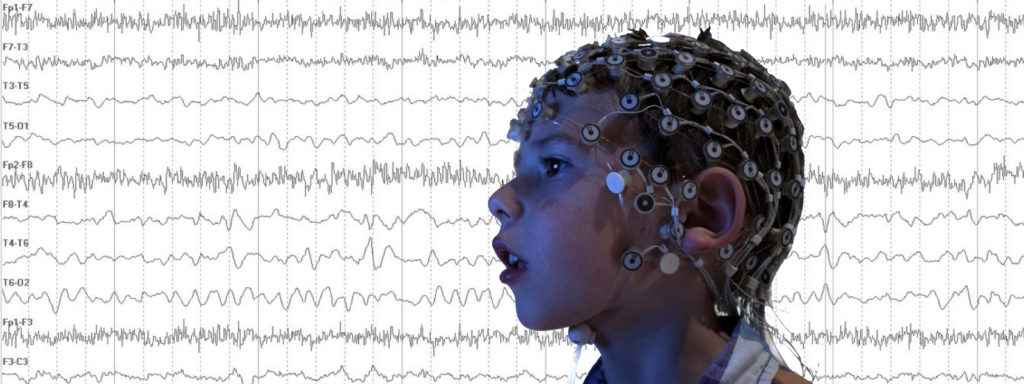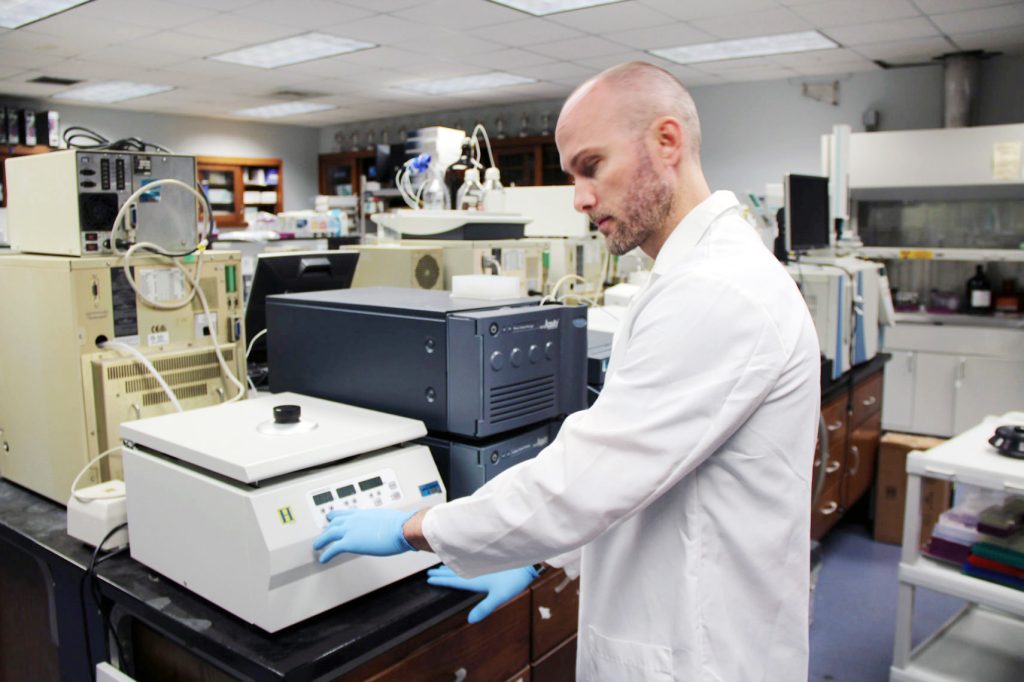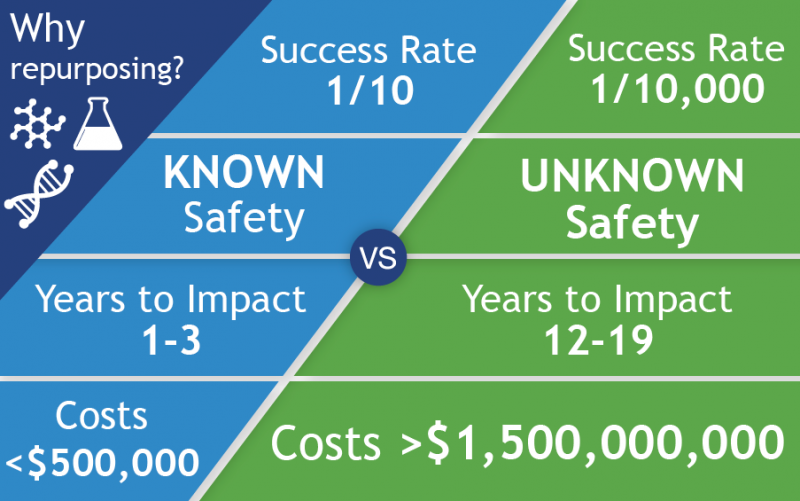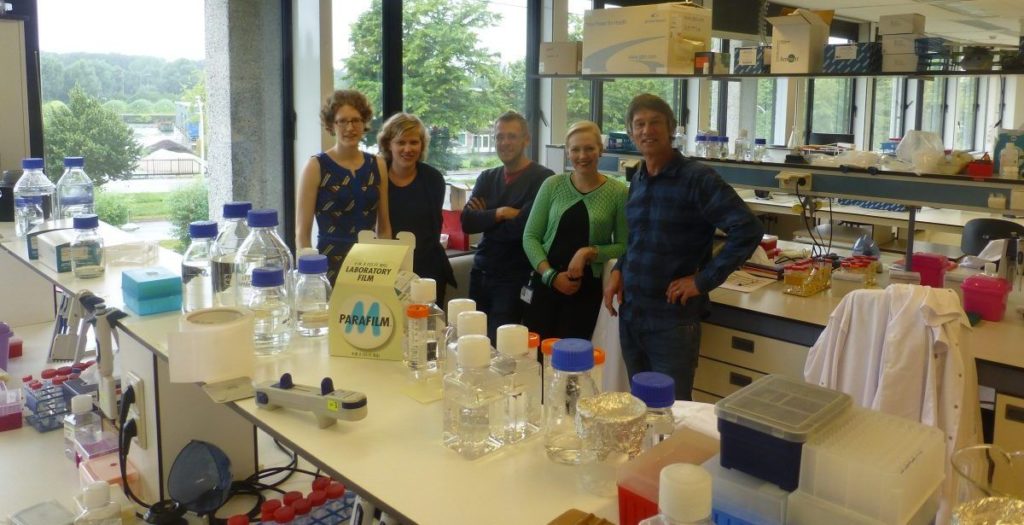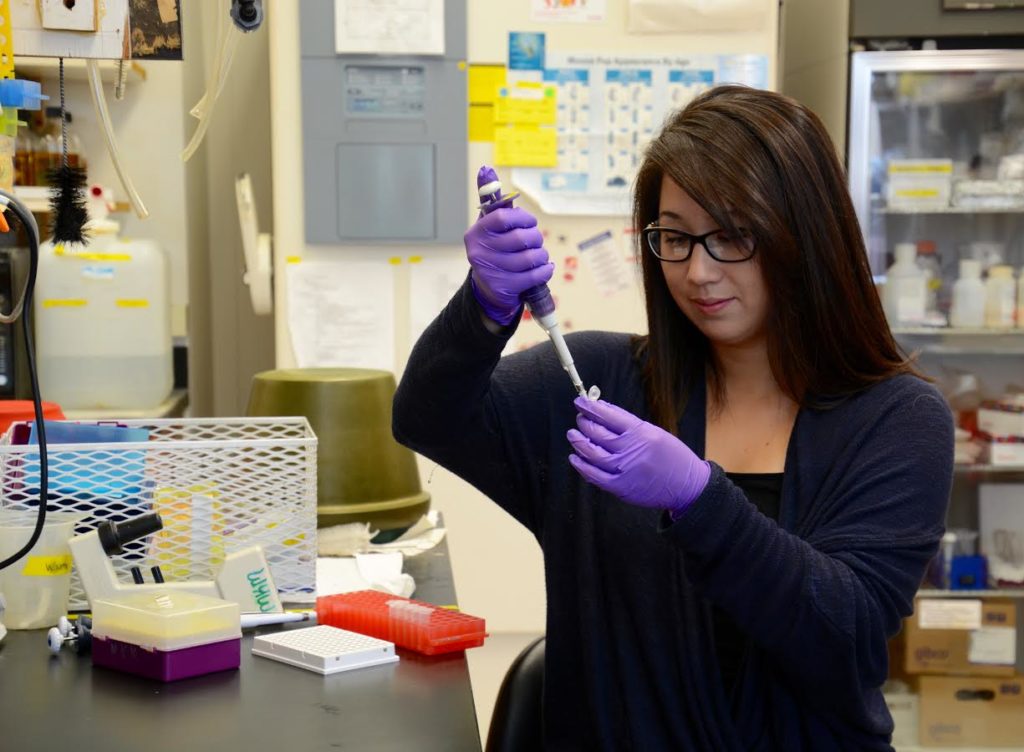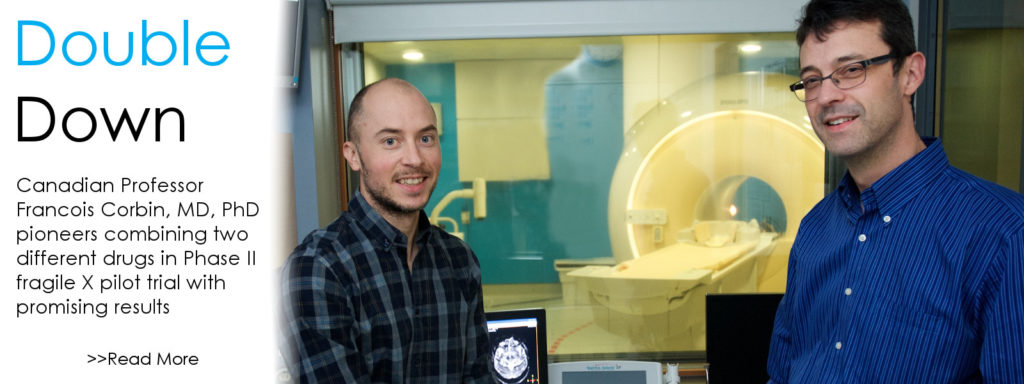Correcting Defects in Astrocyte Signaling in Fragile X Syndrome
Astrocytes, brain cells which support neurons, do not transmit signals. Fragile X treatment strategies have been proposed based on correction of “astrocyte phenotypes”.
Altered Neural Excitability and Chronic Anxiety in a Mouse Model of Fragile X
With a $35,000 grant from FRAXA, Dr. Peter Vanderklish at Scripps Research Institute, and colleagues, explored the basis of anxiety in Fragile X syndrome.
Development of a High-Content Synapse Assay to Screen Therapeutics for Fragile X Syndrome
This work established a high-content synaptic imaging platform for Fragile X cells to test many candidate drugs for their ability to repair synapse structure and function.
Clinical Trial of Ganaxolone in Patients with Fragile X Syndrome
Dr. Frank Kooy and colleagues conducted a double blind crossover trial of ganaxolone in patients with Fragile X with FRAXA funding. Results of this study were mixed.
Neural Markers of Fragile X: A Powerful New Tool for Clinical Trials
Once the neural marker is identified for a particular challenge, such as kids with poor language versus good language, neural markers can be measured during drug and behavioral therapy trials to see if a child is improving based on objective biological measures.
Targeting Serotonin Receptors to Treat Behavioral and Psychological Symptoms
With a $90,000 grant from FRAXA Research Foundation awarded in 2017, Dr. Clinton Canal targets seratonin receptors. “There are 15 unique serotonin receptors (at least) and many of them impact the function of brain circuits that are impaired in neurodevelopmental and psychiatric disorders,” said Dr. Canal. “Results from this project could guide new drug discovery or drug repurposing for Fragile X."
Preclinical Testing of Sleep-Wake Patterns as an Outcome Measure for Fragile X
FRAXA Research Foundation awarded $122,000 to Dr. Cara Westmark at the University of Wisconsin at Madison for studies of sleep disorders in Fragile X syndrome.
Biomarker Discovery and Validation for Fragile X Syndrome
This grant supported discovery of protein-based biomarkers for Fragile X to create objective outcome measures that translate from mouse studies to human trials.
Fragile X Nervous (System) Breakdown
"The occurrence and development of events by chance in a happy or beneficial way." That’s how Lynne E. Maquat, PhD, describes the process of how her research extended to Fragile X syndrome to better understand it and ultimately find advanced treatments.
Fragile X Research Tackles High Anxiety – Peter Vanderklish
Yes, we all know the signs of Fragile X anxiety: Ears begin turning red followed by incessant pacing, heavy breathing, stiffening body, flapping, jumping, avoidance or yelling. Sometimes, it’s the more severe screaming, pinching, scratching, biting and general tearing things up or, worse, the nuclear meltdown.
PIKE as a Central Regulator of Synaptic Dysfunction in Fragile X Syndrome
With $255,000 from FRAXA Research Foundation, Dr. Suzanne Zukin at Albert Einstein College of Medicine studied signalling pathways in Fragile X syndrome.
A Kinase Assay as a Biomarker for Fragile X Syndrome
Dr. Frank Kooy at the University of Antwerp investigated whether phosphorylation abnormalities are a suitable biomarker for clinical trials in Fragile X syndrome.
University of Cambridge Startup Healx is Rapidly Identifying Existing Drugs to Help Fragile X Patients
FRAXA awarded $44,000 to Healx in 2017 for drug repurposing to find new treatments for Fragile X syndrome. The results of this study include eight top "hits" which show promise for Fragile X. FRAXA is further investigating these hits.
Trial and No Error: Better Outcomes for Clinical Trials in Fragile X Syndrome
Johns Hopkins researcher Christina Timmerman, PhD, searches for a less subjective method to determine if a drug is working in patients with Fragile X syndrome. Many parents of children with Fragile X syndrome were crushed when promising drug trials were unexpectedly stopped a few years ago because subjective behavior-based outcome measures did not justify continuing the trials. The strong feelings linger today. If all goes well with Christina Timmerman’s research, future drug trials may be able to continue with additional metrics for assessment, until there are advanced treatments or even a cure for Fragile X syndrome.
Function of FMRP and Test of a Novel Therapeutic Approach in a Fragile X Mouse Model
FRAXA-supported work has identified DgkK as a critical enzyme lost in Fragile X. Drugs that raise DgkK levels may correct brain signaling and improve symptoms.
Sensory Hypersensibility in Fragile X Syndrome and BK Channel Openers
With $366,100 in FRAXA funding, researchers tested BK channel–opening drugs to fix sensory abnormalities in Fragile X mice; early results showed broad behavioral rescue.
Fragile X Mutant Mouse Models
With $375,000 in grants from FRAXA, Dr. David Nelson developed an array of advanced mouse models of Fragile X. These models are available at Jackson Labs (JAX).
MicroRNAs as Biomarkers in Fragile X Syndrome
The team at Johns Hopkins University studied groups of small RNAs, known as microRNAs, which are greatly decreased in brain tissue of Fragile X mice vs. normal controls.
Repurposing Drugs to Dampen Hyperactive Nonsense-Mediated Decay in Fragile X Syndrome
FRAXA-funded research showed nonsense-mediated mRNA decay is overactive in Fragile X, pointing to existing NMD-suppressing drugs like caffeine as potential treatments.
Identifying Biomarkers for Fragile X Syndrome – A Study in Argentina
Bio·mark·er, noun, a distinctive biological or biologically derived indicator of a process, event, or condition. Doesn’t help? Well, it’s perfectly clear to Argentinian researchers Patricia Cogram, PhD, and Paulina Carullo, MD, from the FLENI Institute in Buenos Aires, Argentina. They understand there is an urgent need for validated biomarkers after recent Fragile X syndrome clinical trials have failed on their primary endpoints.
Double Down: Fragile X Clinical Trial Combines Two Available Drugs
If all the science world’s a stage, Fragile X researchers are more than merely players. They are center stage. So believes Francois Corbin, MD, PhD, professor, Université de Sherbrooke, Canada, who directs the university’s Fragile X Clinic. Corbin, who has received more than $100,000 in FRAXA support since 2012, is leading a pilot randomized Phase II trial, exploring the tolerability and the synergistic effect of a combined therapy.
The X Factor – Turning on X Chromosome Genes to Treat X-linked Disorders
Harvard researcher Jeannie T. Lee, MD, PhD, moves closer to turning on select genes on the X chromosome to treat people with X-linked disorders.





